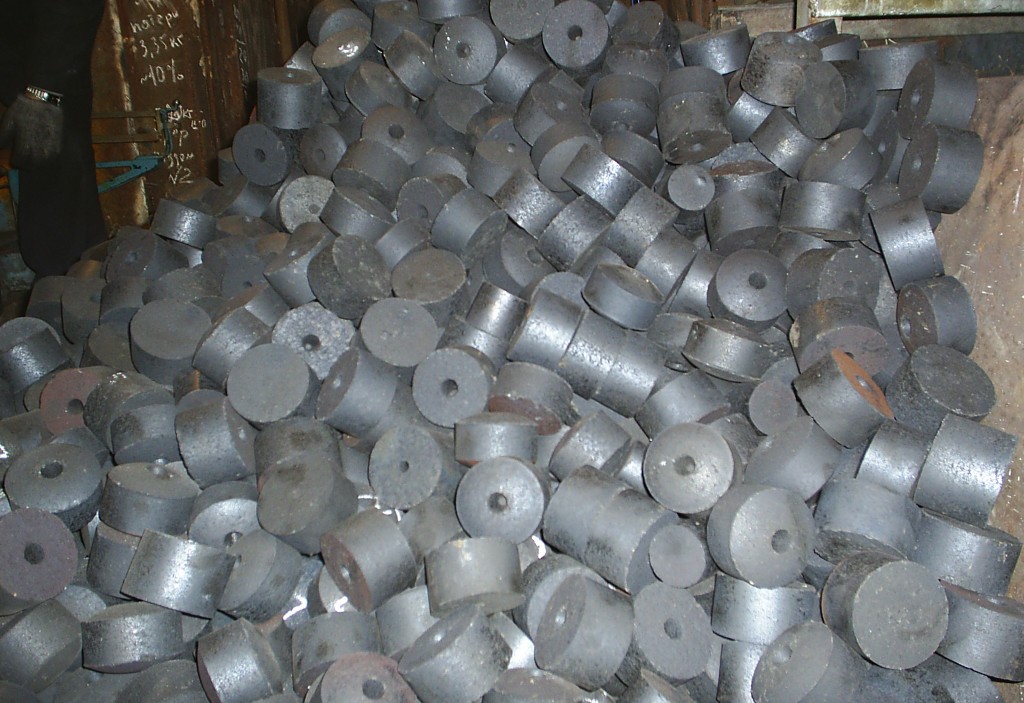ASTANA – Nazarbayev University (NU) and the Technology Commercialisation Centre (TCC) in Astana are beginning a new form of collaboration that will see students from NU’s master of business administration programme working, hands on, with projects funded through the TCCs ongoing grants programme.
The new collaboration fits within TCC’s overall theme of connecting business to academia, TCC Lead Researcher Erik Azulay said in an interview with this newspaper on April 24. “[The business students] get to use the skills they’ve been taught in a real life situation, with real companies – and more importantly, these companies are small companies, so if they do a business analysis and they give some advice … there’s a very good chance that advice will be acted on … they’ll have a chance to have a real impact. That was attractive to them.” For TCC’s projects, the chance to get in-depth business analyses was very appealing. “It was a win-win, basically,” he said.
The collaboration is part of the practicum portion of NU’s full-time MBA programme, Assistant Dean of Marketing at NU Richard Castleberry said in an April 14 interview. The practicum, which allows students to choose from three possible hands-on work programmes, of which TCC’s projects make up one, is one of the ways NU’s MBA programme hopes to differentiate itself from others. “[I]n some cases, depending on the project, depending on what they’re doing, [the students] could hypothetically be located within a functioning company, looking at documents, doing a lot of the ground work.” The joint work will launch in the next week or so, and final reports and results will be generated by this fall.
Five teams of three to five students will be working on TCC-funded projects, Azulay explained. They will create business plans, decide whether and how projects should expand or scale-up their businesses, find end users and decide on real market and spin-off potential. The MBA students, who chose from seven projects pitched by TCC, settled upon a five projects: a project producing a new type of coke briquette, a project to detect counterfeit goods with bar code scanning technology, a project developing new generation batteries based on water, a cloud-based project on sharing documentation that requires seals and signatures and a project that has created a new type of power control switches. The TCC offers two types of grants – proof of concept and industrial prototype – for projects at different stages of development, and both are represented in the MBA students’ choices.
While the main point of the cooperation is to provide immediate benefits to the students and the entrepreneurs, it could also pay off down the line, Azulay pointed out. Something that appealed to the MBA students, he reported, is that if the projects go well, more opportunities to work together may come up. “These small companies are run by scientists who are trying to be entrepreneurs, so if [their projects] turn out really, really well … there’s a chance that they’ll going to need business people to run the business.” Of course, the programme comes with no promises, but the introductions and relationships built there could end up lasting, he said.
“A lot of our projects are going forward and going to be successful businesses as they are now,” Azulay said, “but for the next level of scaling up and attracting investors, outside investors to get even bigger – that’s where you need some more formal documentation. You need a business plan, you need a profit-loss forecast, you need some financial timelines for the next three years, those kinds of things, which we haven’t done, and the teams haven’t done. And maybe the teams even can’t do them, but that would be perfect for an MBA to do, right?”
The TCC was created by Kazakhstan’s Ministry of Education and Science to help scientists and innovators bring their ideas to market. Its grant programme is funded in part by the World Bank.


